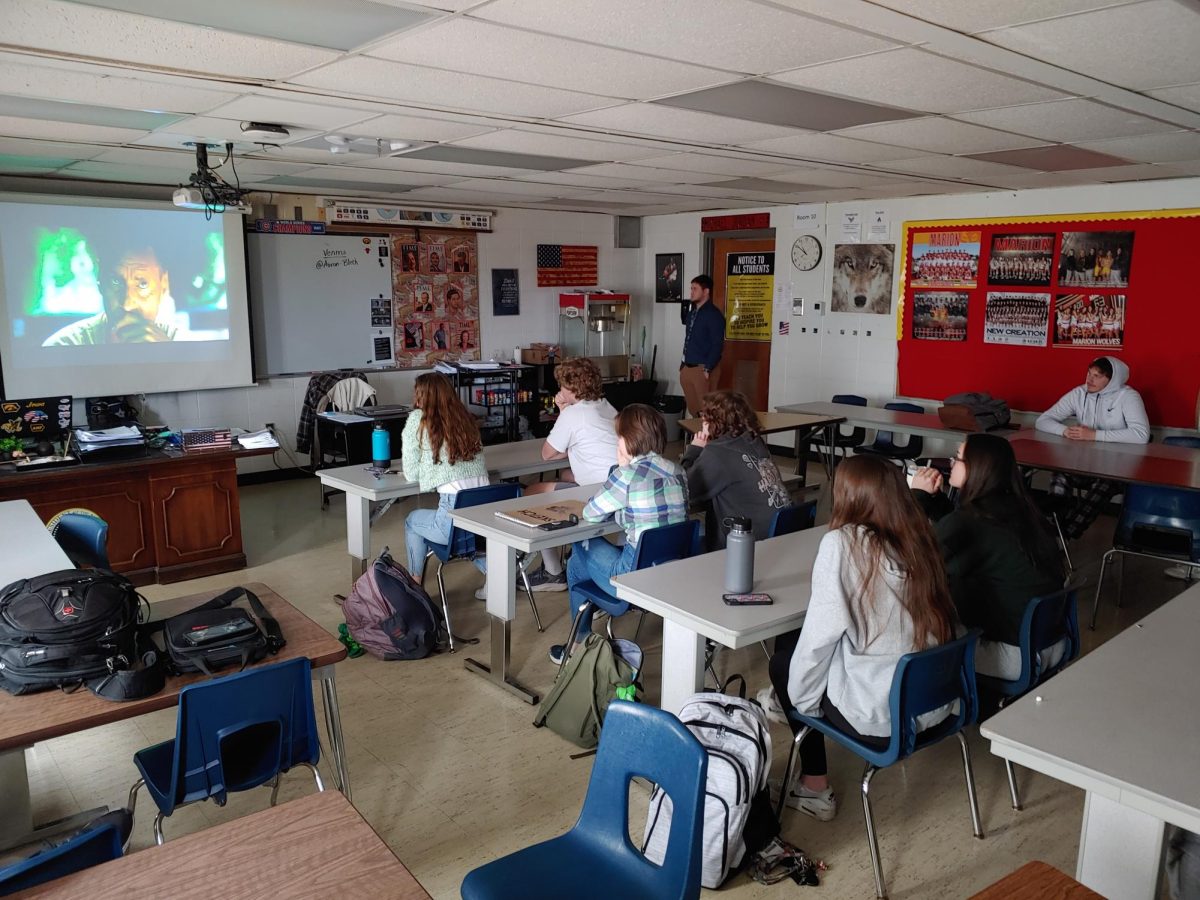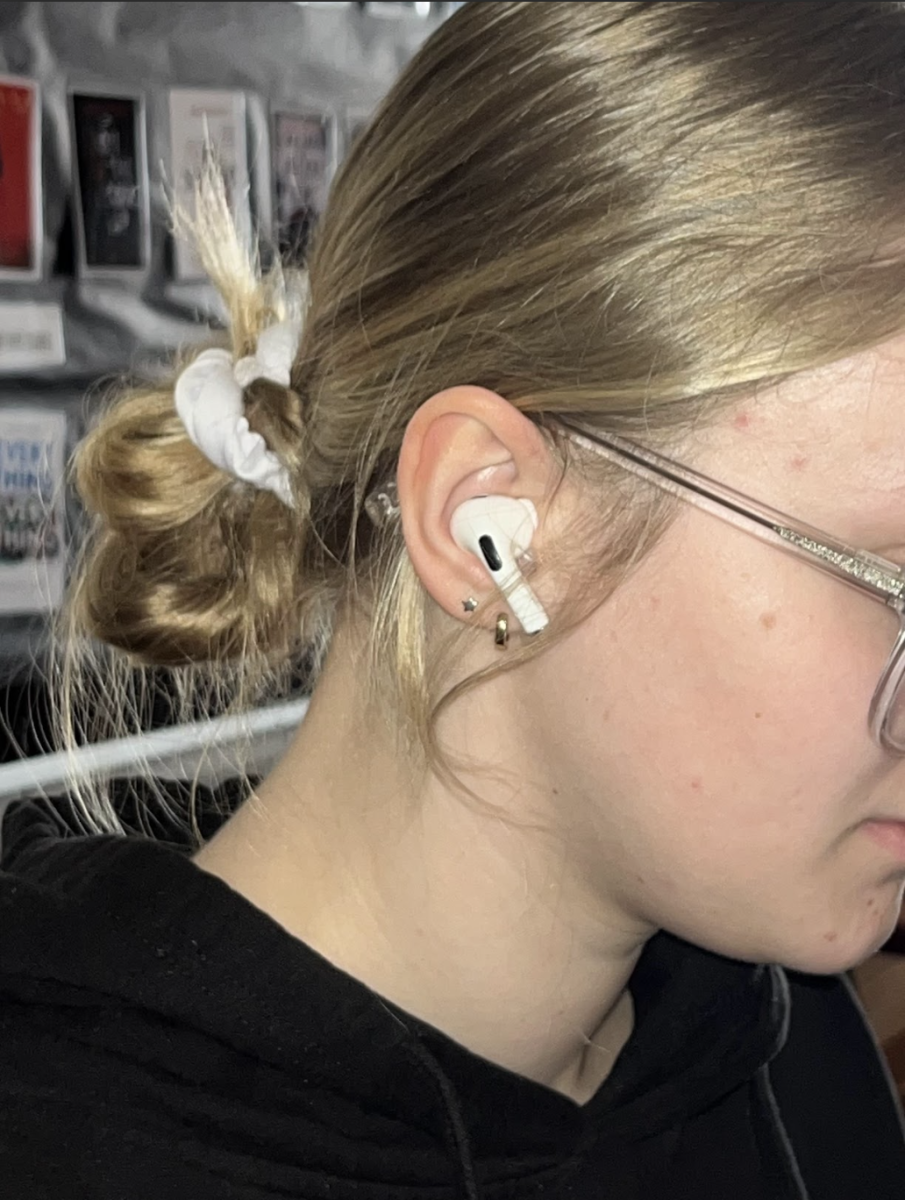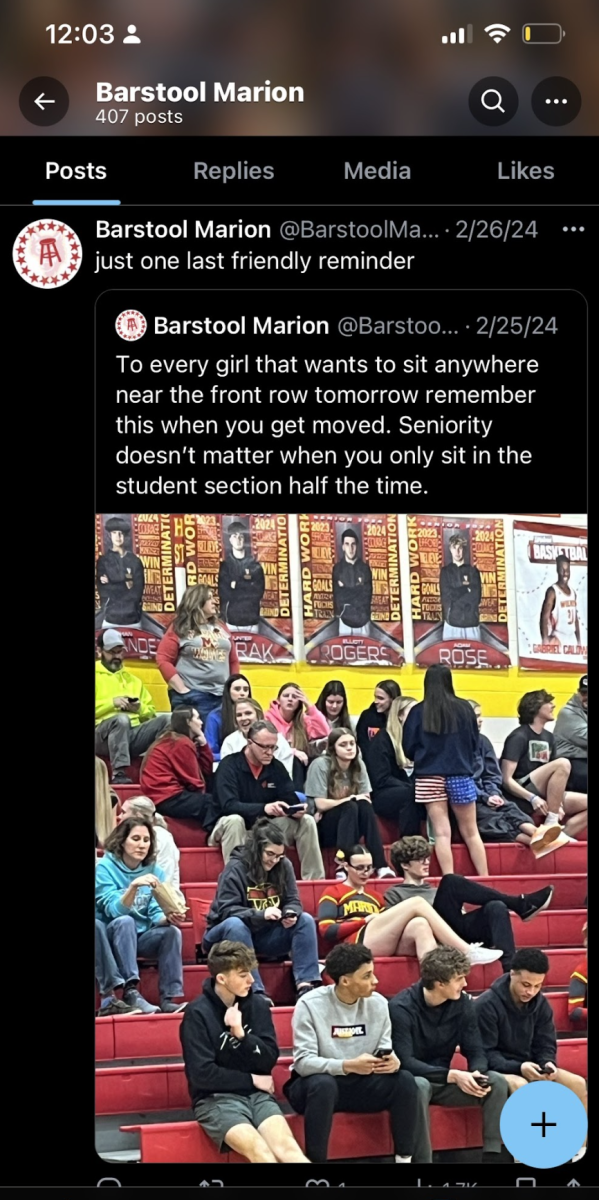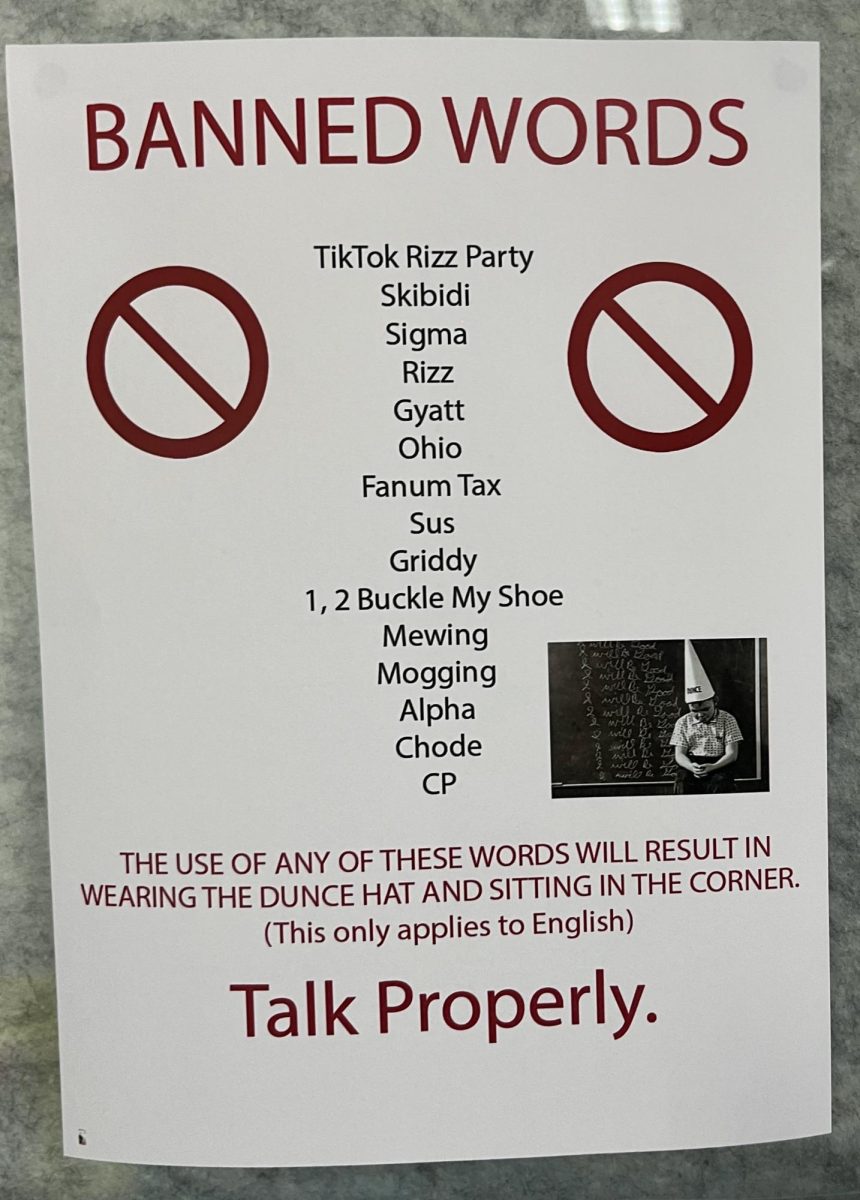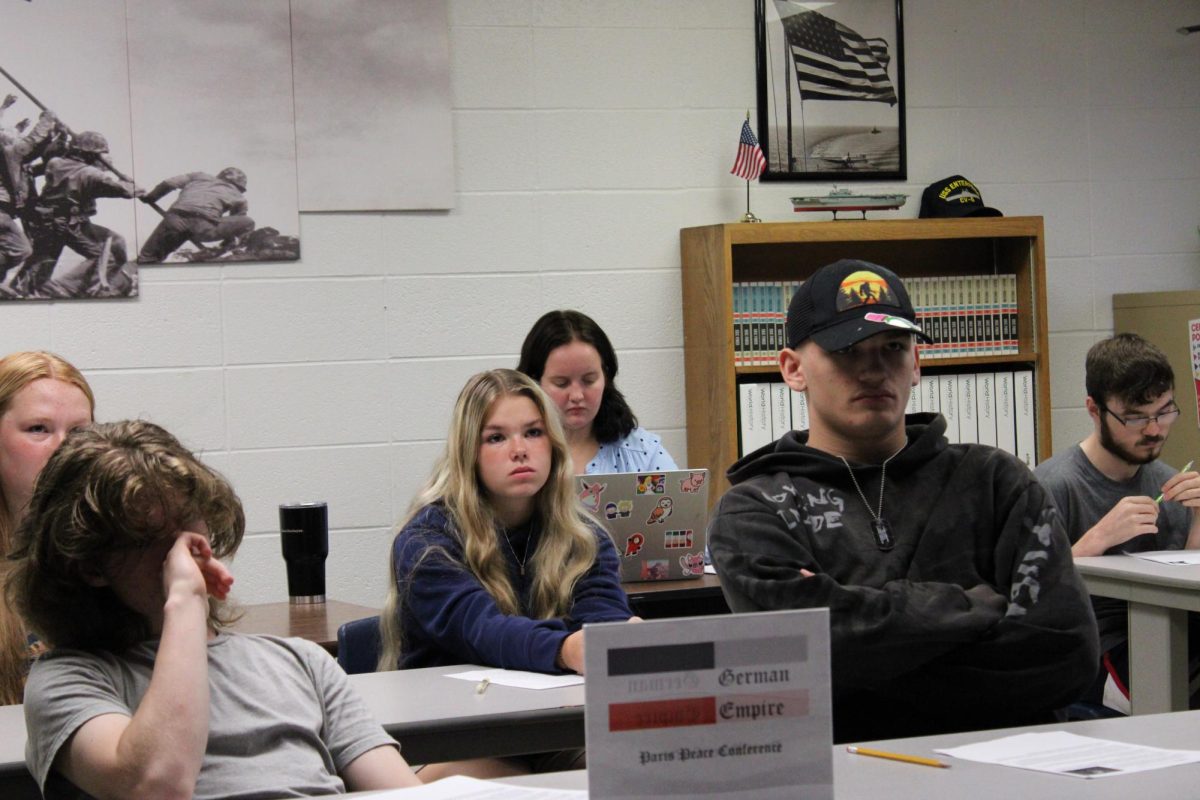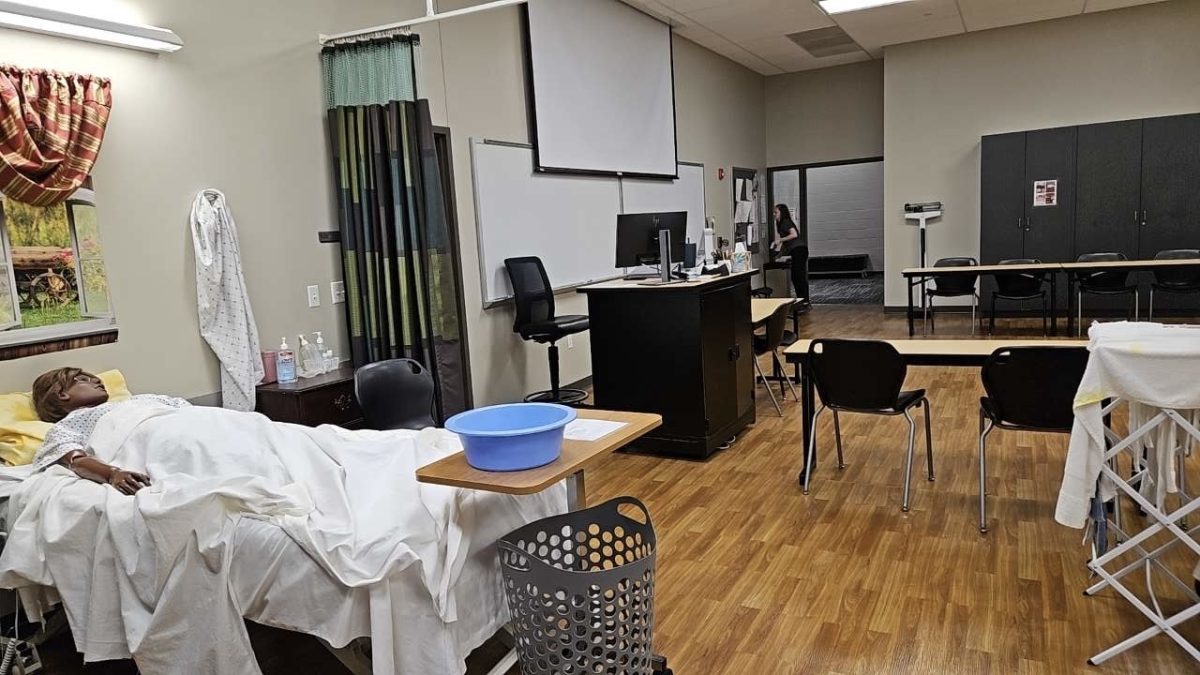Watching movies in elementary school while munching on snacks brought from home holds a special memory in people’s hearts. It’s remembered as a fun-filled day away from the stress of assignments. As someone transitions to high school, movie sessions are often used to reinforce or supplement the material being taught on regular learning days. It is safe to say that most students looked forward to the fun movie days when they were younger, but how do students feel about film to learn in high school?
Liam Kissling, freshman, is in big support of movies being shown in class. He thinks that they are a positive if they are faster-paced and don’t start out slow. He said that films are a good way to convey new topics and opinions while also staying entertained. He also pointed out that sometimes they can provide misinformation. “Sometimes movies will change the story of real-life events to make it more entertaining, and people don’t realize some events shown in the movie didn’t actually happen,” said Kissling, who enjoys the option of being able to relax while learning valuable information. He does admit that sometimes teachers use movies as a way to teach a class if they don’t want to do it themselves, but that in most situations, the teacher’s reasoning is valid.
Xander Spielman, sophomore, is also a student at the high school. He has moderate hearing loss and uses a hearing aid in his left ear. Even with hearing loss, he most often doesn’t struggle to hear the movie because other students are not talking. Spielman enjoys movies relating to the material he’s learning. “It’s very situational. I like it when the movie relates to what is being taught in class, but otherwise, it’s just not worth showing,” said Speilman. He thinks that one disadvantage of movies being shown in class is that information can be easily missed if students aren’t paying attention. Spielman personally doesn’t like having to answer questions about the movie. He said, “I feel like if you are going to watch a movie, treat the classroom like a movie theater.”
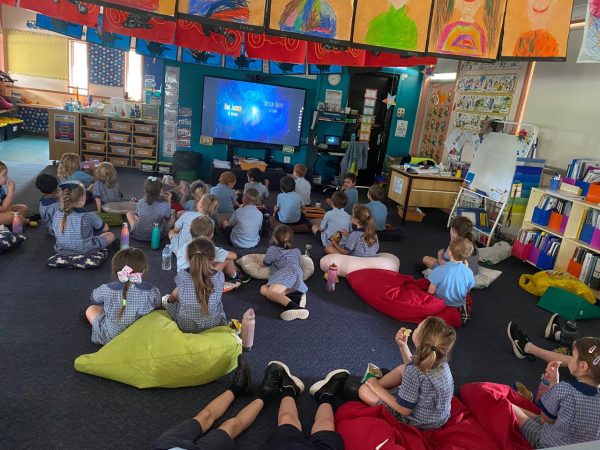
Hearing a teacher’s opinion is also valuable. Mr. Blech, social studies teacher, chooses to show movies in class. He shows movies that relate to historical topics that his class is learning. He likes to show around four movies per quarter and gets positive feedback from his students. “Students will watch a movie in my class and look forward to going home and researching more on a movie topic that they find interesting,” Blech said. When showing films in class, it also comes with guidelines. He said, “Every time I show a movie, I send permission slips home with the kids for parents or guardians to sign.” Parental permission is not needed unless the movie is rated higher than PG-13, but Blech thinks it doesn’t hurt to confirm with parents.
In general, it appears that students enjoy when movies are utilized for learning, as much as the enjoyable movie day festivities from their earlier years. Today, students recognize the advantages of using films to enhance their understanding of a given subject, rather than simply just for entertainment purposes.


